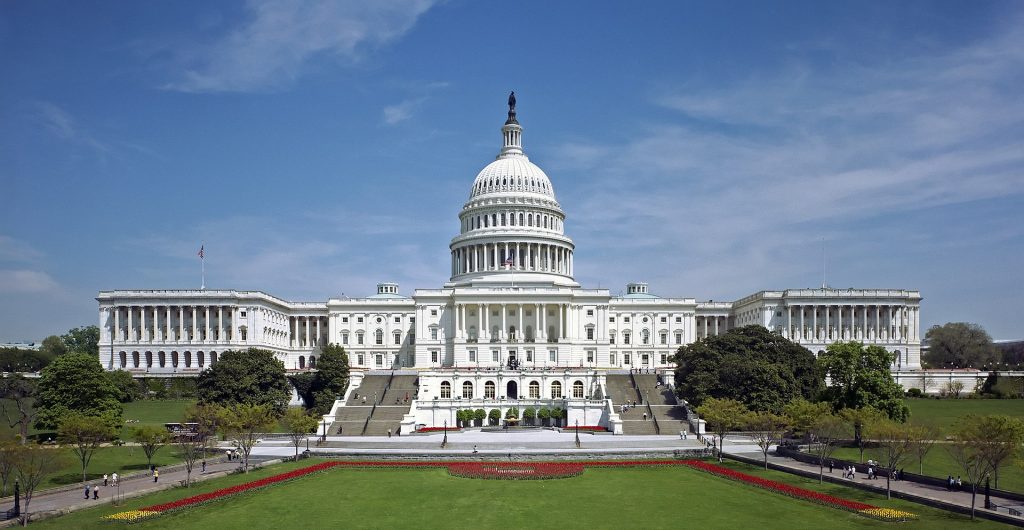On Monday, Congress officially certified the results of the 2024 presidential election, solidifying Donald Trump’s victory and paving the way for a smooth transition of power. This development comes four years after the chaotic transfer of power following the 2020 election, when pro-Trump rioters stormed the U.S. Capitol, falsely claiming the vote was stolen.

In a recent interview, the former president made it clear that he plans to immediately pardon those involved in the January 6th insurrection once he takes office on January 20th. Over the past four years, 1,243 people have been charged in federal court in Washington, D.C. for crimes related to the Capitol attack, including 60 Ohioans, 15 of whom were from Northeast Ohio.
One such individual, Christine Priola, a former employee of the Cleveland Metropolitan School District, pled guilty to a charge stemming from the riot and was sentenced to 15 months in prison, serving 9 months before her release. Law enforcement also arrested a man from Canton who was seen pushing against metal barriers held by Capitol police, as well as another from Mentor who sprayed chemical irritants at officers. The sentences for the 15 Northeast Ohioans ranged from probation and community service to over four years in imprisonment.
In his NBC News interview, Trump expressed his intention to pardon the January 6th rioters, stating he wants to “look at everything” and review “individual cases.” Legal experts like Case Western Reserve University professor Jonathan Entin warn that such broad pardons could raise questions about Trump’s understanding of the real violence that occurred that day. The attorney for Enrique Tarrio, the former leader of the Proud Boys who is currently serving 22 years for seditious conspiracy, has already formally requested a presidential pardon. It remains to be seen how selectively Trump will wield this power, as more expansive pardons would likely draw significant criticism, even from some Republicans.